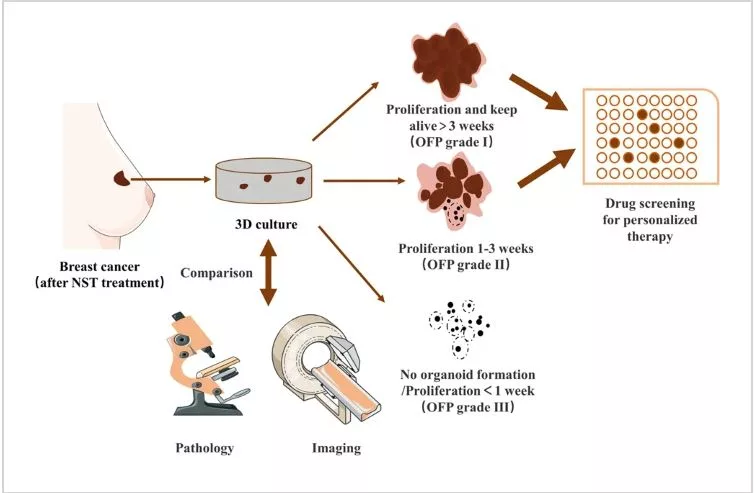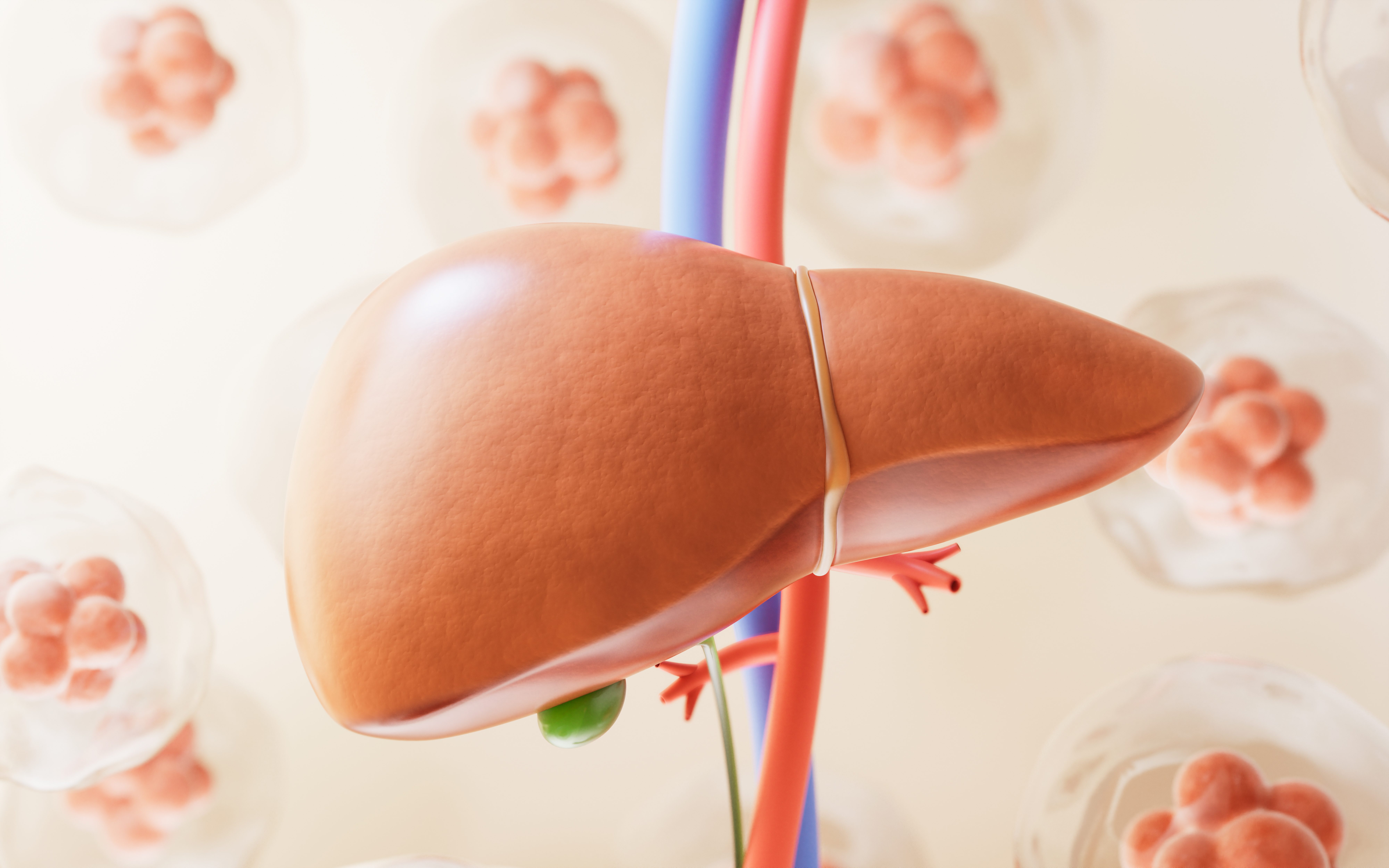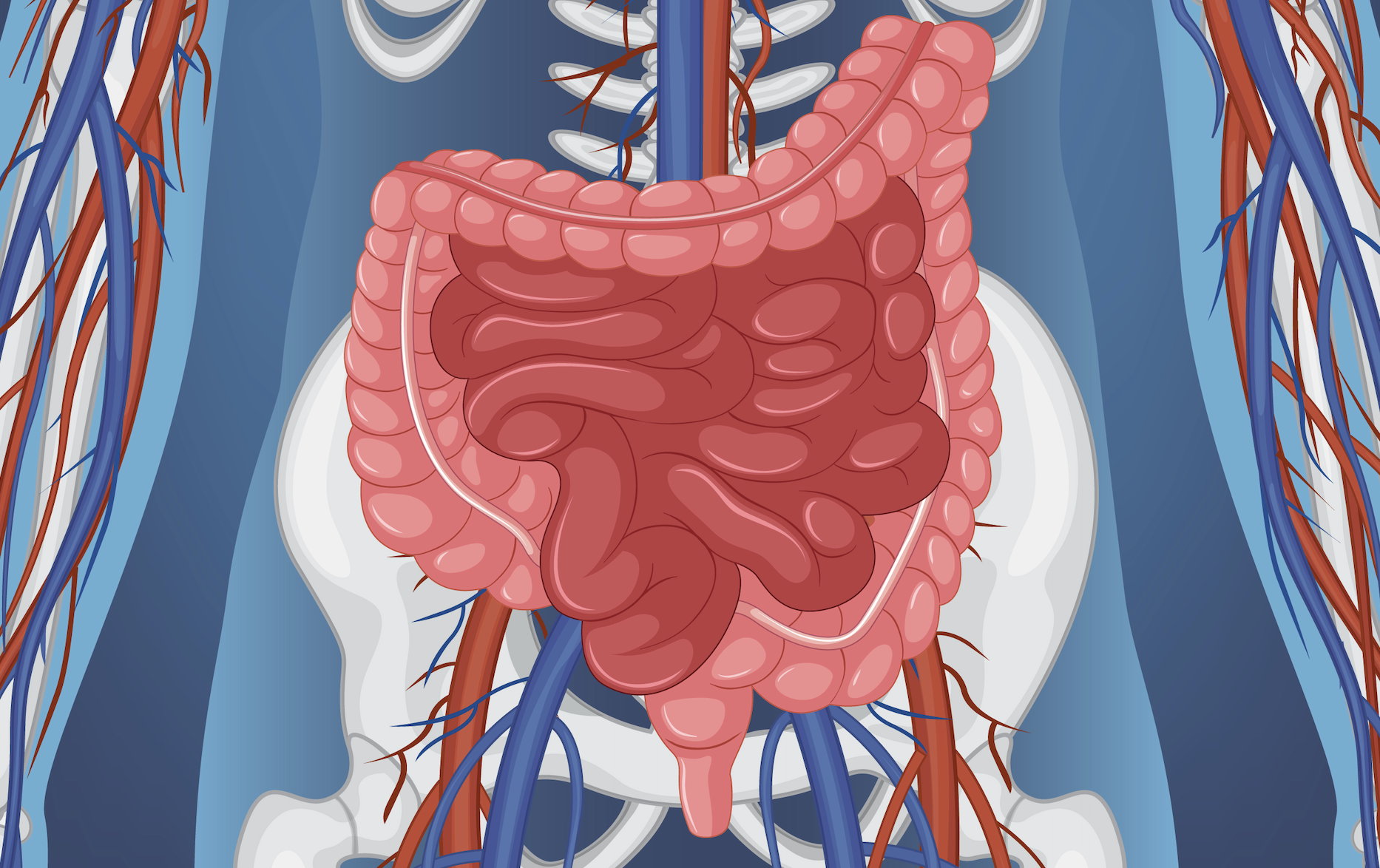This study investigates the use of organoid forming potential (OFP) as a tool for evaluating the efficacy of neoadjuvant systemic therapy (NST) in breast cancer patients. They examined OFPs in residual disease after NST and compared them with clinical approaches to estimate recurrence risk. Organoid phenotypes were classified using staining and immunolabeling. Drug sensitivity tests were performed on active organoids. Results showed that OFPs correlated with residual tumors, with 16.67% of supposedly tumor-free patients still showing tumor-derived organoids. Disease-free survival was worse in OFP-I cases. Organoids from OFP-I/-II groups maintained biological features of parental tumors and were resistant to NST drugs. The study suggests OFP could complement existing parameters, enhancing the accuracy of NST efficacy evaluation in breast cancer.
Keywords: Organoids, oncology, breast cancer





